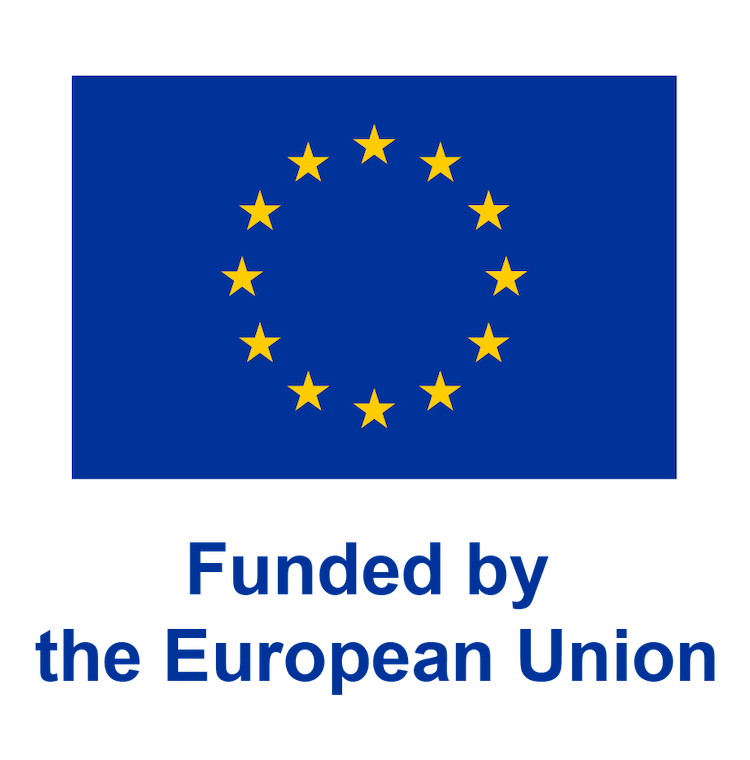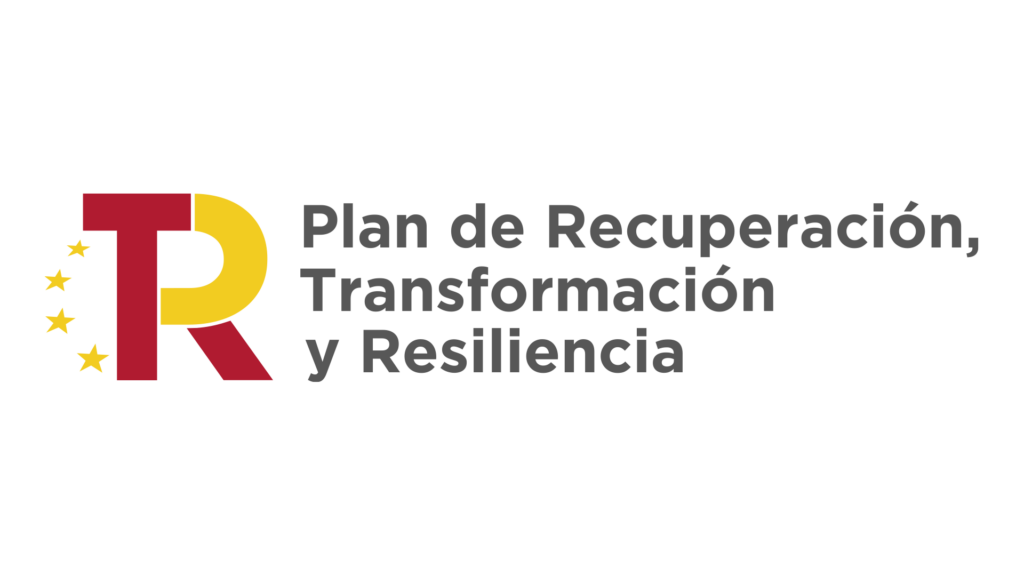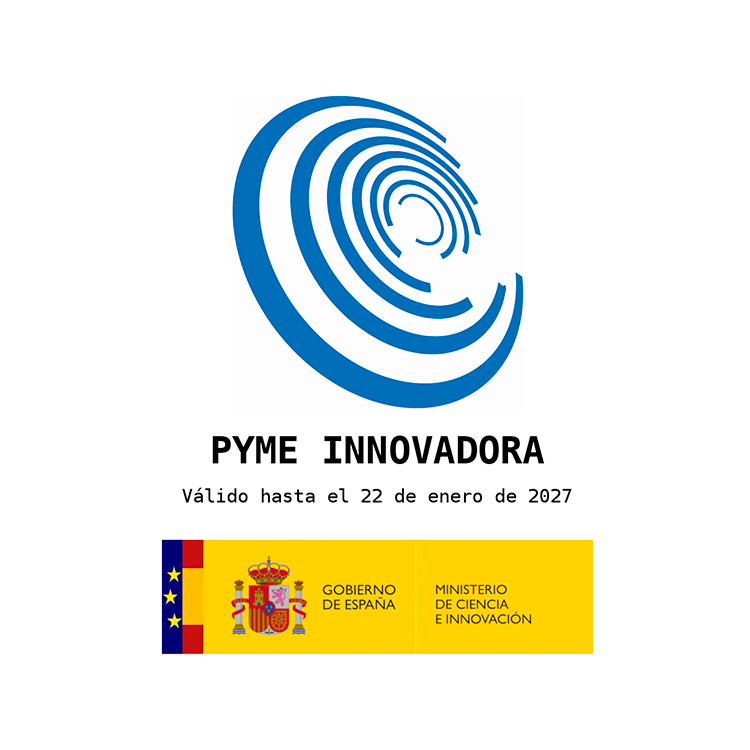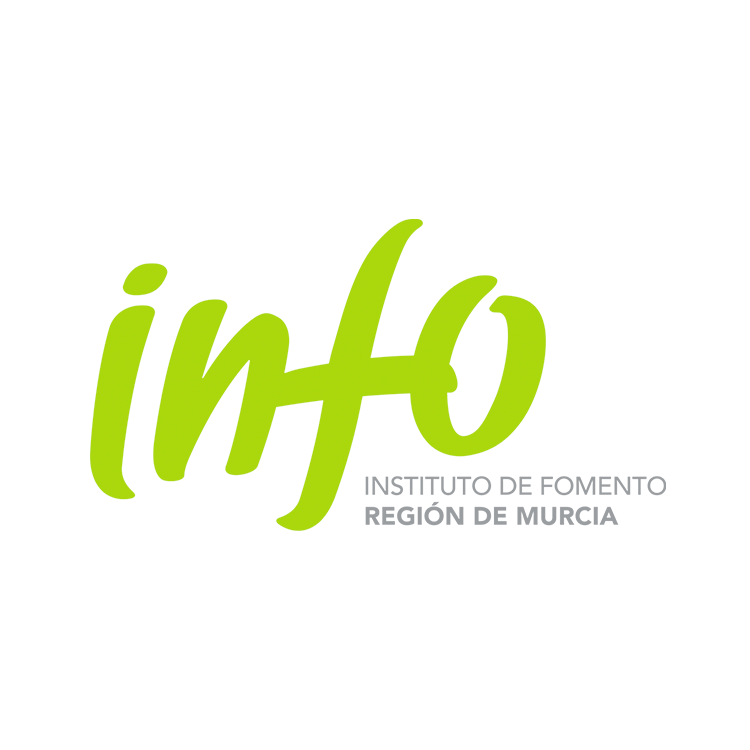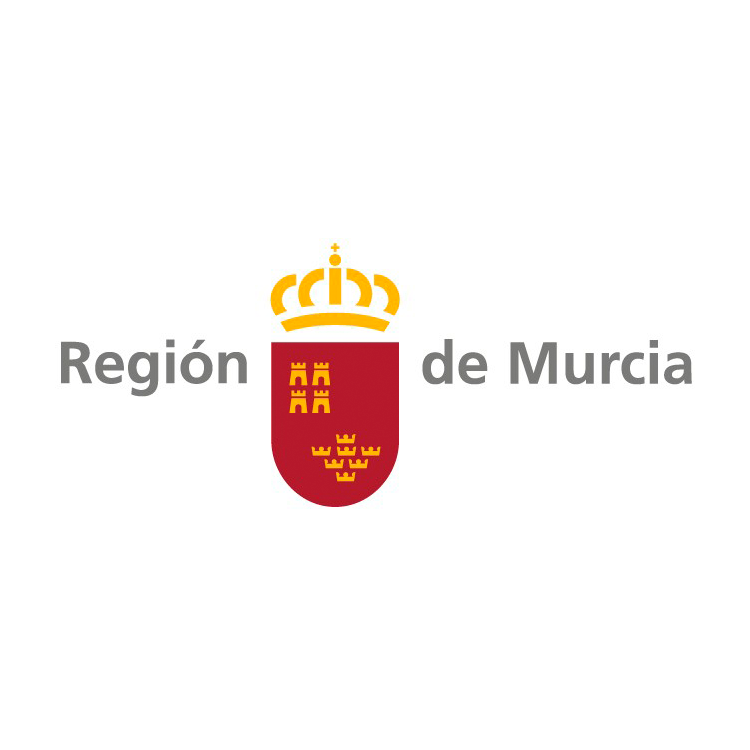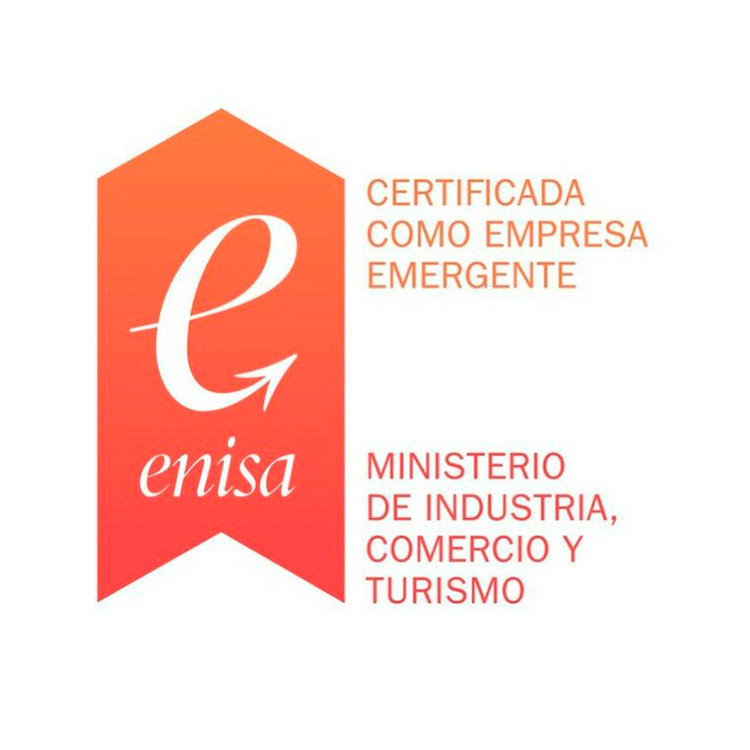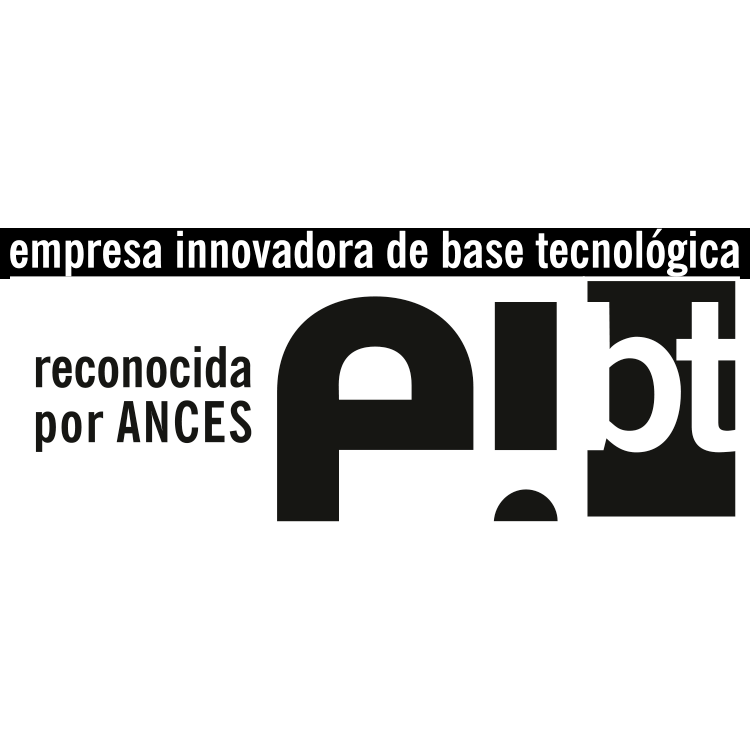Their VIVA ELISA® project aims to advance solutions for the rapid and accurate detection of NLRP3 inflammasome impairment/activation in septic patients. In addition to grants to validate their TRL 4-6 innovation activities, the EIC gives these companies access to exclusive Business Acceleration Services, a tailor-made programme to connect with large corporations, preferred partners, international experts and specialists, as well as help with international scale-up.
Madrid – Murcia, January 2025. Europe has an ambitious mission under the Horizon Europe programme (2021-2027): to create innovative companies that counterbalance the weight of the United States or China in the race for research, the fight against climate change, industrial development and digitalisation. An initiative that leads it to support the most disruptive companies in different sectors, both with non-dilutive grants and with institutional, commercial and acceleration support on a par with the world’s major innovation centres.
And in this group of chosen ones, the Spanish biotech company VIVA IN VITRO DIAGNOSTICS has been one of the six Spanish companies selected to receive funding from the prestigious EIC Transition, within the aforementioned Horizon Europe programme. This recognition positions it as one of the most outstanding research and innovation companies on the European scene, with only 40 European projects selected in the 2024 call, considered the most competitive to date with a total of 390 eligible proposals.
In addition to the funding of 2.5 million euros, VIVA ELISA® has been granted business acceleration services tailored to develop its project and become part of the innovation network, partners and associated corporations of the EIC. A process in which Viva in Vitro has had the support of the Centre for Technological Development and Innovation (CDTI), as well as the FECYT (Spanish Foundation for Science and Technology), dependent on the Ministry of Science, Innovation and Universities.
The EIC Transition is part of the European Innovation Council (EIC), and aims to support scalable SMEs with up to €2.5 million in grants and additional grants for ongoing projects, as well as access to one of the largest business acceleration services programmes, known as Business Acceleration Services (BAS), enabling them to mature disruptive technologies and build solid business cases, specialised business services, mentoring, possibility of contracts with institutions, corporations and private companies, etc. Its mission is to play a key role in the transition towards environmental sustainability, health, industry or new digital era, among others, ensuring the strategic autonomy of the European Union in crucial technologies for the future. See full list and EIC press release.
VIVA IN VITRO DIAGNOSTICS aims to provide solutions for the rapid and accurate detection of NLRP3 inflammasome impairment/activation in critically ill septic patients at risk of life-threatening complications.
In this project, the NLRP3 inflammasome emerges as a key biomarker for rapid prognostication and stratification of the septic patient, with increased sensitivity and specificity, complementary to other clinical tools, and focused on the innate host immune status of patients. This will save lives in these critical septic patients. The other five Spanish projects selected are:
– MATCATH2.0: PGM-free cathodes for the next generation of hydrogen production, by Matteco Team SL, with €2,498,996.88. Matteco is a company driven by Zubi Group, with Iker Marcaide as CEO and co-founder, and focuses on advanced materials for the production of green hydrogen, marking a milestone in the energy transition towards a more sustainable economy. – MEDiCS: An anticancer approach based on the metabolic disruption of cancer stem cells (University of Santiago de Compostela, €2,498,015.63). – EndoCartoScope: Transforming any endoscope into a smart device for intraoperative localisation, navigation and 3D mapping (University of Zaragoza, €2,498,425). – FOREVER-WATER: Destruction of persistent chemicals in water using a chemical-free treatment system (Fundació Institut Català de Recerca de l’Aigua, €2,487,471.17). – SkinEngineering: Revolutionising skin health with advanced biotherapeutics (Pompeu Fabra University, €2,500,000).
Europe as the international benchmark in biomedicine and personalised treatments
Sepsis is one of the most lethal inflammatory conditions worldwide. In 2020, an estimated 48.9 million cases of sepsis were reported worldwide, resulting in 11 million deaths, meaning that sepsis accounts for approximately 20% of all deaths worldwide.
Spending on sepsis in the European Union is 28.4 billion euros, while the global sepsis diagnostics market is 674.19 million euros in 2024, and is expected to reach 927.06 million euros in 2029, at a compound annual growth rate of 6.58%.
The VIVA-ELISA® project, with a maturity level of TRL4 (Laboratory Technology Validation), aims to develop the ELISA assay to TRL6 (Validated Technology Demonstration in a relevant environment). During the project, Viva In Vitro will develop an optimised ELISA and perform validation activities with septic patients. In this process we plan to submit regulatory submissions to FDA and EC notified bodies at the end of the project, performing a performance analysis compliant with both agencies and a robust multi-centre clinical validation to justify a functional solution in TRL6.
His project addresses key requirements for these patients: i) early identification of individuals at high risk of death; ii) providing useful information to clinicians based on the condition of the host, regardless of the pathogen causing the infection; iii) simplifying interpretation of complex diagnoses; iv) compatibility with current clinical protocols and guidelines for easy integration into hospital workflows; and v) advancing personalised therapies for septic patients.
‘Obtaining the EIC Transition puts us in a very small group of the most innovative European companies. This recognition underlines our potential to become a global market leader in biomedicine. We are committed to bringing our innovations to hospitals and pharmaceutical companies around the world, thus improving the quality of life of millions of people,’ says Toni Vilaplana, CEO of Viva in Vitro.
The long-term goal is to save lives, improve patient outcomes and contribute to the sustainability of National Health Systems by providing reliable diagnostic tools for clinicians. This will enable better decision making and improved health outcomes. In addition, the identification of NLRP3 inflammasome impairment activation will pave the way for the development of new treatment strategies for sepsis, the leading cause of death worldwide, and other inflammatory conditions.
A leader in the Spanish biotech hub
In just four years, Viva in Vitro has raised more than €5.7 million in funding through a combination of private investment and government support. Based in the Murcia Technology Park, the company has established itself as a benchmark in the region’s growing biotechnology and medical devices cluster, attracting prominent investors such as Rafael Crespo, Enrique Riquelme and Guillermo Forner, as well as Murcia Emprende, among others.
To this has been added the support of public institutions such as CDTI-Horizonte Europa and FECYT ‘key to achieving this recognition by the EIC’, as recognised by Joaquín Gómez Moya, CEO of the company, for whom ‘the success of Viva in Vitro is a clear example of how the Region of Murcia, and Spain as a country, is positioning itself as one of the major hubs of biotechnological innovation at international level’.
For Dr. Pablo Pelegrín, co-founder of the company, coordinator of Viva In Vitro’s International Scientific Advisory Board and one of the world’s most renowned scientists in inflammasomics, he says: ‘Viva In Vitro’s work has led us to be a pioneer in the field of the fight against sepsis, thanks to its team at the forefront of scientific research in the areas of molecular biology and biomedical engineering’.
He adds, ‘NLRP3 inflammasome function provides important information about how the patient’s immune system is adapting to an infection or other severe stimulus that leads to organ dysfunction, secondary infections and other life-threatening complications associated with sepsis. VIVA-ELISA has the potential to go beyond these initial insights and is likely to extend beyond this initial focus, encompassing other conditions such as heart disease, neurodegenerative diseases such as multiple sclerosis, diabetes, cancer and other conditions.
The purpose of Viva In Vitro Diagnostics is to develop the VIVA-ELISA project, validating its analytical and clinical performance, complying with the regulatory process for market approval, and securing new exploitation opportunities to facilitate the market access process.

